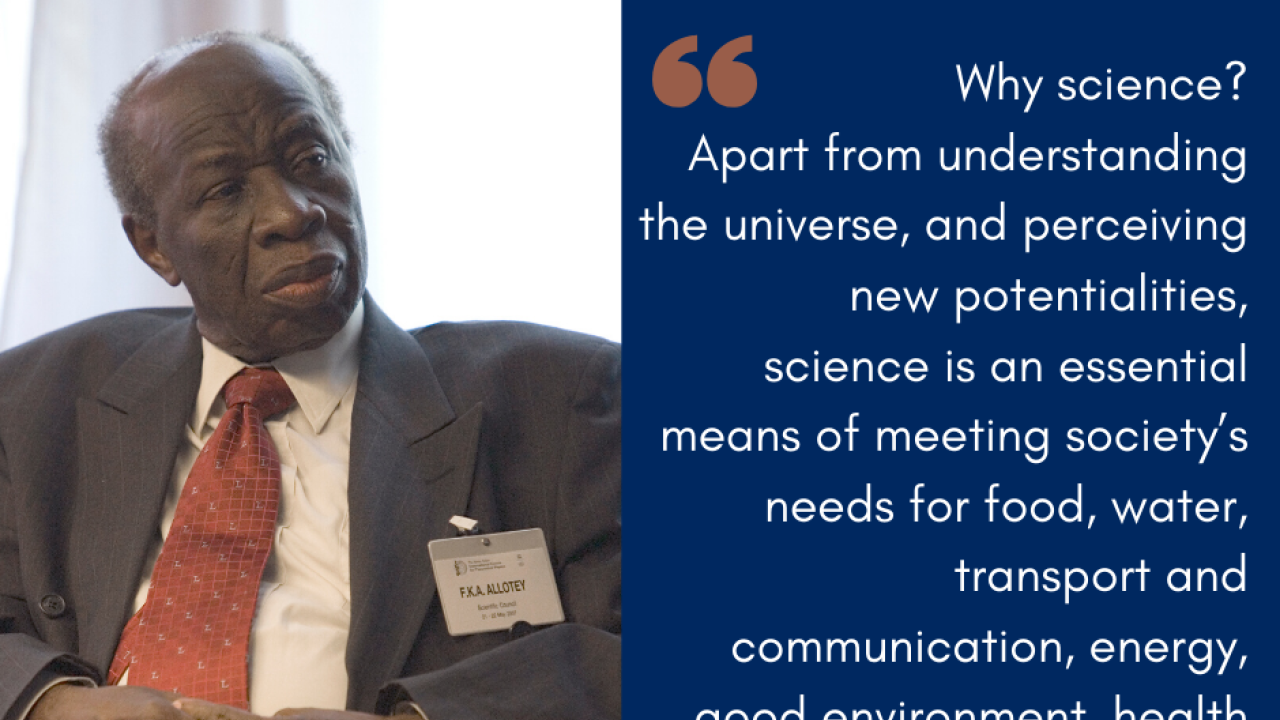
Why be a scientist? Nearly every scientist has a different answer and a different inspiration, drawn from varied careers, outlooks, and experiences. For its 40th anniversary in 2004, ICTP published the book One Hundred Reasons to be a Scientist, a collection of 100 essays from many eminent physicists and mathematicians with a connection to ICTP. The book is a source of many insights from the lives and careers of scientists, including Helen Quinn, Freeman Dyson, Vera Rubin, and Mildred Dresselhaus. The authors discuss what led them to study science, the difficulties they encountered and overcame, and their passions and hopes for the future.
We will revisit these stories highlighting twenty of them in the next few weeks, sharing inspirations from the essays and showcasing the words of these great scientists. During the uncertainty of the current global pandemic, the words will hopefully help researchers feel less alone in their scientific path.
We are presenting this week the story of Francis K.A. Allotey, a Ghanaian mathematical physicist best known for the "Allotey Formalism" which arose from his work on soft X-ray spectroscopy. From his childhood spent in his father’s bookstore, where he came across the biographies of famous scientists, to his PhD at Princeton University, to becoming a renowned and influential scientist, you can read his story here.
If you want to learn more about Professor Allotey, you can watch this video from the “After 45” celebrations at ICTP, or this video form “African voices” by CNN.
If you are interested in learning about 99 more scientists and what inspired them, you can find the whole book in electronic format for free download on ICTP’s library website, in English, Italian and Urdu.













